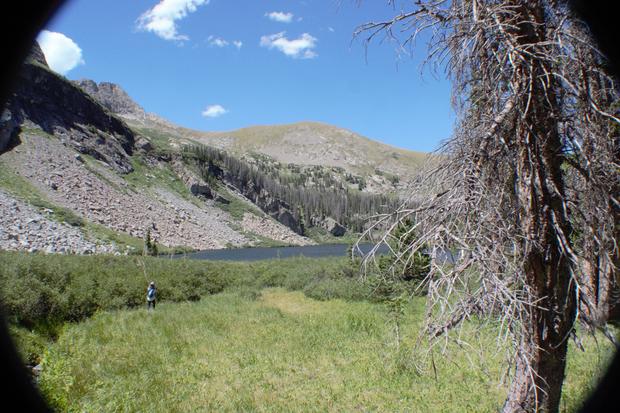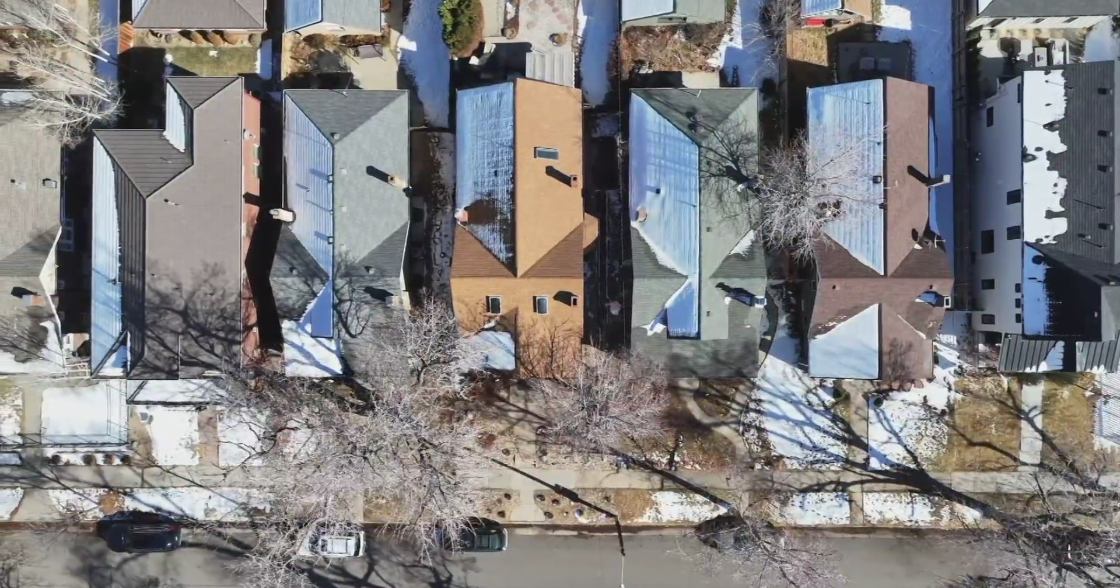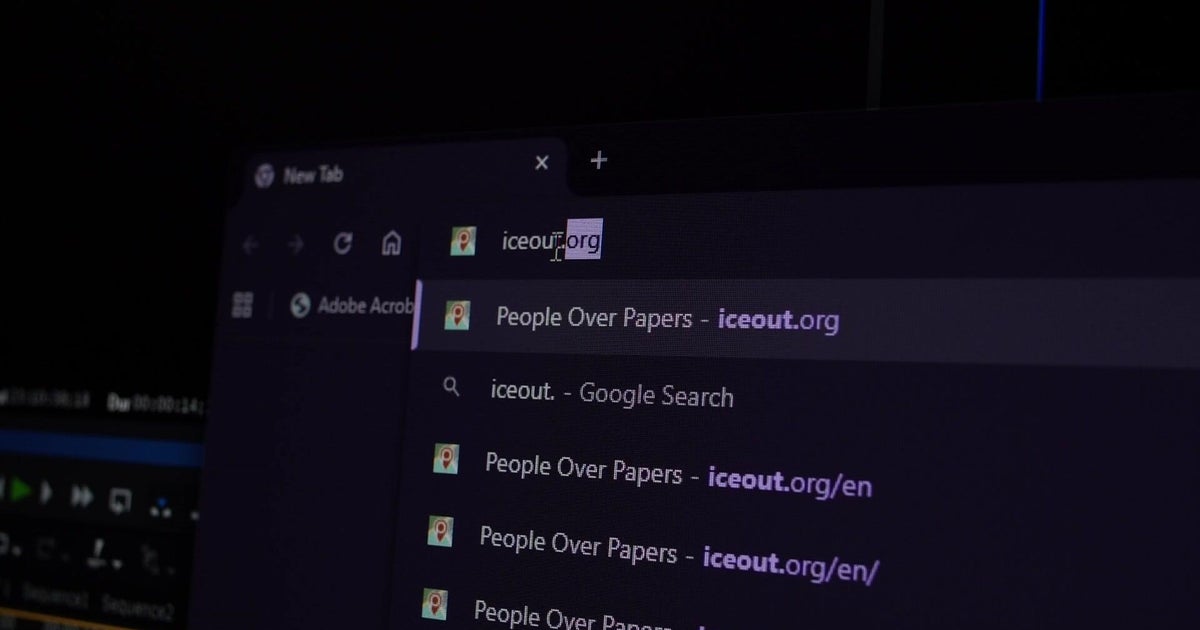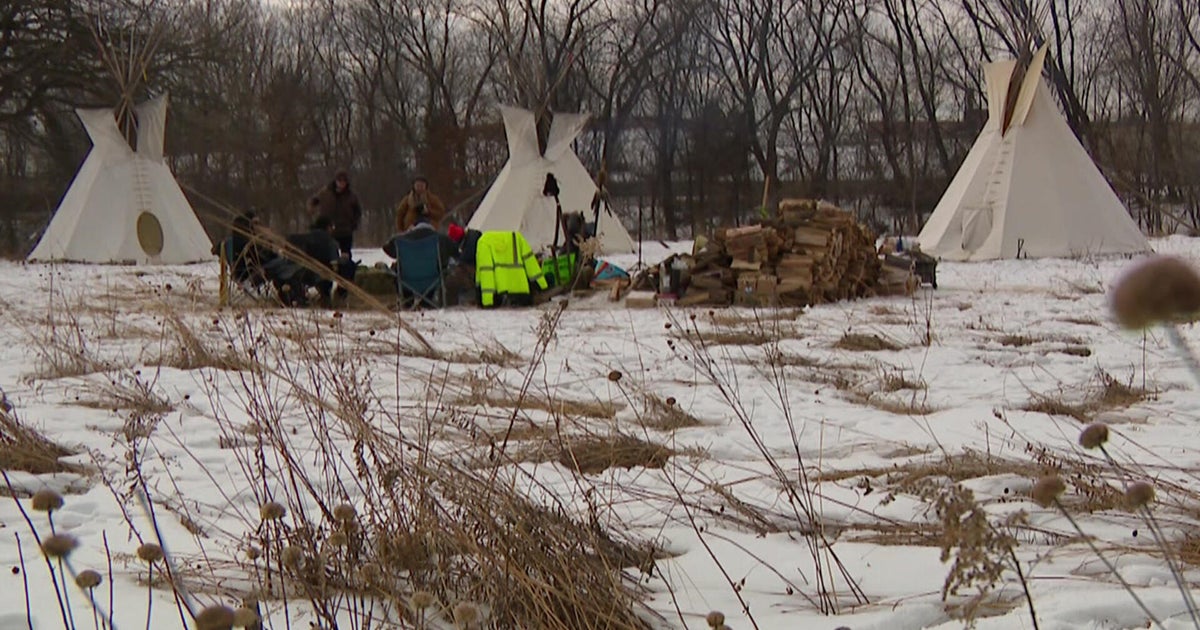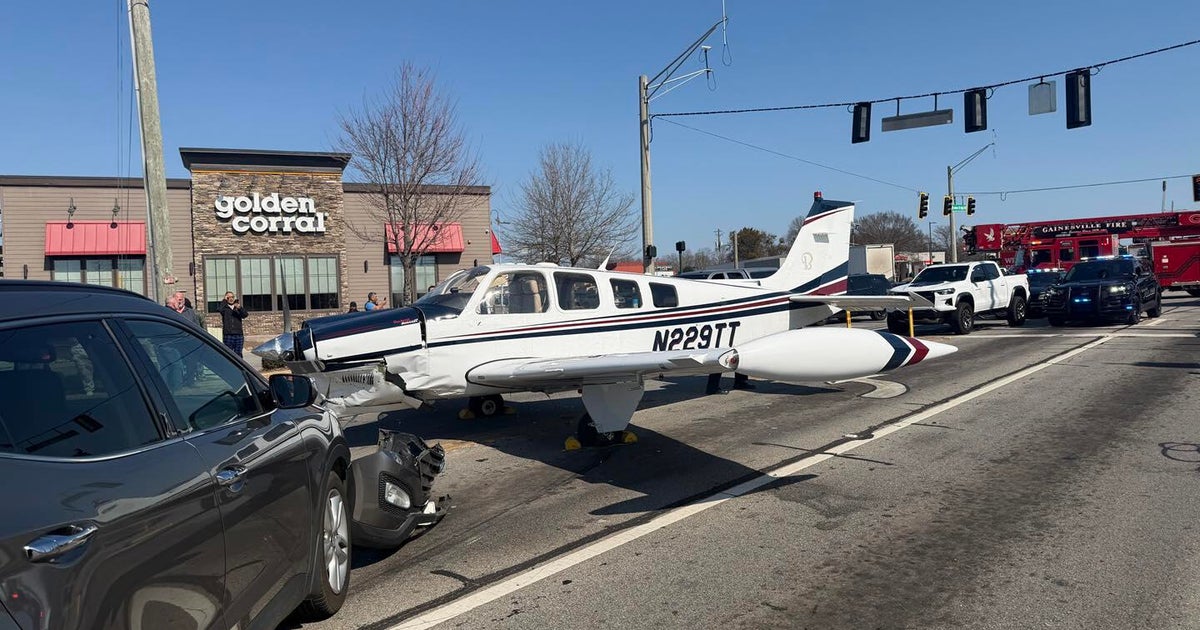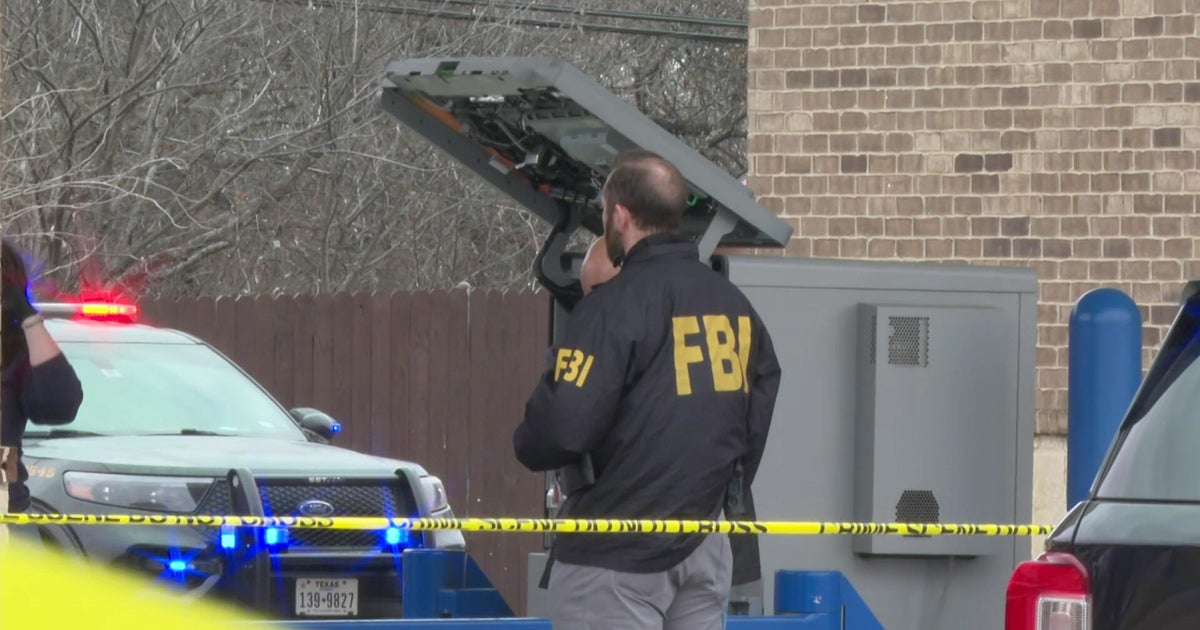Too Much Of A Good Thing: Increased Camping Activity Hurting Public Lands
DENVER (CBS4)- Camping in the backcountry is one of Coloradans' favorite pastimes, and how some temporary workers live. According to Bureau of Land Management statistics, during the pandemic people flocked to Colorado's public lands.
In 2020, BLM saw record numbers of visitors. Numbers have tapered off since then, but they still remain higher than pre-pandemic counts.
They warn that so many visitors are starting to take a toll. Especially when it comes to dispersed camping.
"You'll have somebody pull over in, you know, what's a grassy area and they will pull over and camp and build a fire ring and build a fire," said BLM Field Manager Kalem Lenard.
That usually isn't a problem, until people start reusing that same site over and over again.
"Next thing you know, we have this big area that's just dirt which used to be grass. Which supports wildlife, it supports forage it holds our soils together," said Lenard.
In addition, they have seen an uptick in trash in the backcountry as well as human waste.
The BLM wants people to enjoy public lands and not wreck them. That's why they are searching for solutions that will allow people to have fun and protect the environment.
They sought input from the public and say they got a lot of good ideas. Some they have implemented like letting people know where there are good spots to camp.
"Essentially that's trying to clearly mark here's some good campsites," said Lenard.
Other options they are still considering are a reservation system for sites.
"Looking at should we, you know, maybe charge fees for these areas. Should there be reservations?"
Either way, Kalem says the way Coloradans approach dispersed camping needs to change along with the times or else public lands will continue to pay the price. He thinks gone are the days of jumping in the car on Friday and finding a site nearby.
Instead, he says most campers should anticipate trekking further into the woods to find an open spot. He says in addition, campers should also pack out human waste and trash.
"There's just not the space there and I think people start to make some decisions that we'd rather them not," said Lenard.


